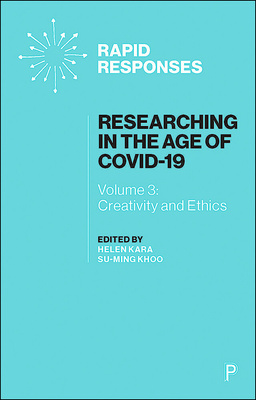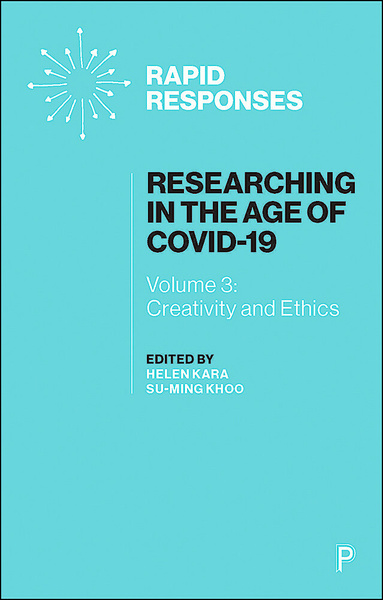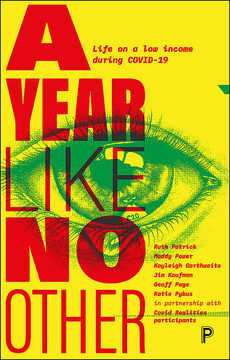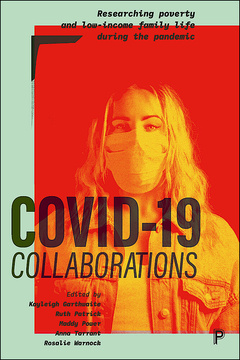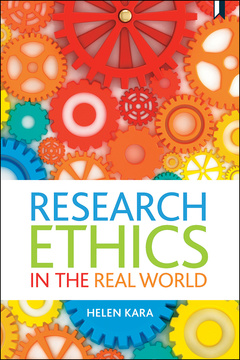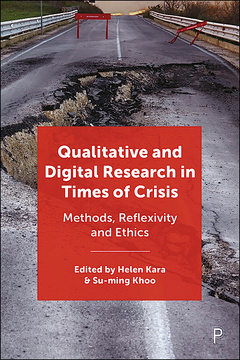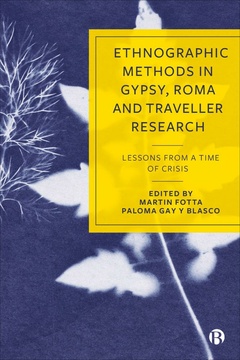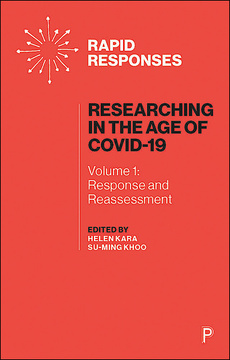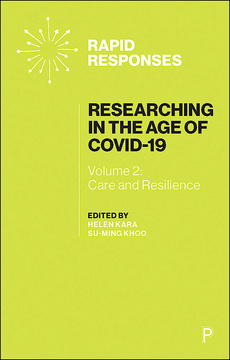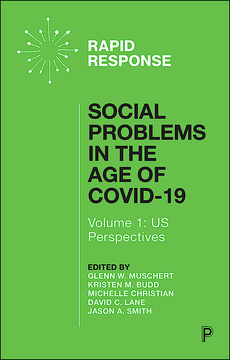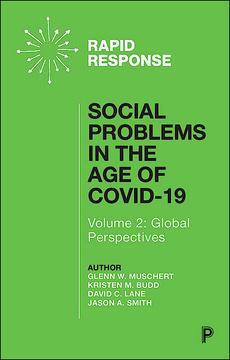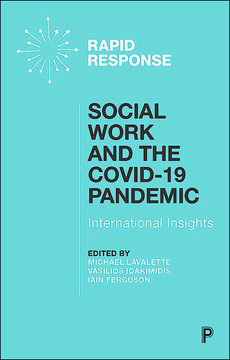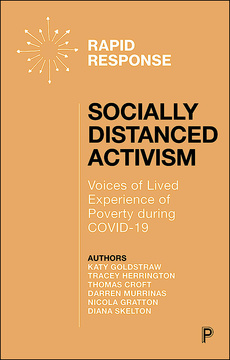Researching in the Age of COVID-19
Volume III: Creativity and Ethics
Edited by Helen Kara and Su-ming Khoo
Published
Oct 23, 2020Page count
135 pagesISBN
978-1447360421Dimensions
216 x 138 mmImprint
Policy PressPublished
Oct 23, 2020Page count
135 pagesISBN
978-1447360421Dimensions
216 x 138 mmImprint
Policy PressSee also:
Researching in the Age of COVID-19 Volume I: Response and Reassessment
Researching in the Age of COVID-19 Volume II: Care and Resilience
In the media
'Researchers Respond to Covid-19: Interview with the Editors' in MethodSpace
'Collaborative editing for convivial and inclusive global scholarship' in The Research Whisperer
'How the pandemic has transformed research methods and ethics: 3 lessons from 33 rapid responses' in LSE Impact blog
Research matters Social Research Association
As researchers continue to adapt, conduct and design their research in the presence of COVID-19, new opportunities to connect research creativity and ethics have opened up. Researchers around the world have responded in diverse, thoughtful and creative ways –adapting data collection methods, fostering researcher and community resilience, and exploring creative research methods.
This book, part of a series of three Rapid Responses, explores dimensions of creativity and ethics, highlighting their connectedness. It has three parts: the first covers creative approaches to researching. The second considers concerns around research ethics and ethics more generally, and the final part addresses different ways of approaching creativity and ethics through collaboration and co-creation.
The other two books focus on Response and Reassessment, and Care and Resilience. Together they help academic, applied and practitioner-researchers worldwide adapt to the new challenges COVID-19 brings.
Helen Kara has been an independent researcher since 1999 and specialises in creative research methods and ethics.
Su-Ming Khoo is Lecturer in Political Science and Sociology, and leads the Environment, Development and Sustainability and Socio-Economic Impact Research Clusters at the National Univesity of Ireland Galway.
Introduction ~ Su-ming Khoo and Helen Kara
Part 1: Creative Approaches
The Creative Translation of Design Methods into Social Research Contexts ~ Ricardo Sosa and Lisa Grocott
Crafting during Coronavirus: creative diary approaches for participant-centred research ~ Naomi Clarke and Debbie Watson
Decolonising writing - situating insider-outsider researchers in writing about COVID-19 ~ Duduzile S. Ndlovu
Using story completion to explore sense-making around COVID-19 lockdown restrictions ~ Virginia Braun, Victoria Clarke and Naomi Moller
Part 2: Exploring Ethics
Conceptualising research ethics in response to COVID-19: moral and economic contradictions ~ Vanessa Malila
Covid-19 Research Crisis Management for a Human Research Ethics Research Project in Fiji and Tonga ~ Etivina Lovo
Forced displacement of migrants from countries of origin and their transit migration through Mexico to the US ~ Nancy Rios-Contreras
Transforming Culturally Relevant Research Amid a COVID-19 Pandemic ~ Eboni Anderson, Daryl Traylor, Carolee Dodge Francis, Megan Murphy-Belcaster, Melva Thompson-Robinson, Johanna E. Andrews, Tristesse Burton, Kristina Ricker and Sutton King
Part 3: Approaching Creativity And Ethics Through Collaboration And Co-Creation
Using photovoice to explore students’ study practices ~ Emma Waight
Scicurious as Method: Learning from GLAM Young People Living in a Pandemic about Cultivating Digital Co-Research-Creation Spaces that Ignite Curiosity and Creativity ~ Kathryn Coleman, Sarah Healy, Niels Wouters, Jenny Martin, Lea Campbell, Sam Peck, Amanda Belton and Rose Hiscock
Doing design research with youth at/from the margins in pandemic times: challenges, inequalities, and possibilities ~ Rafael Szafir Goldstein, Rosana Aparecida Vasques and Maria Cecilia Loschiavo dos Santos
Conclusion ~ Helen Kara and Su-ming Khoo







